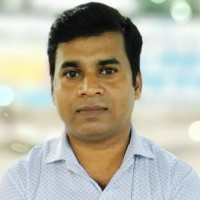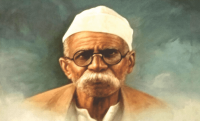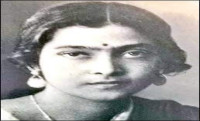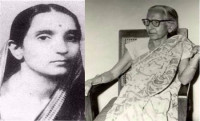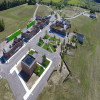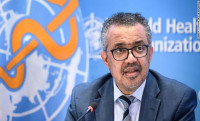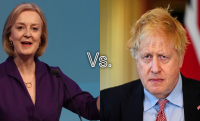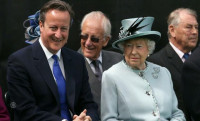Periyar EV Ramaswamy Nayakar - LIfe History
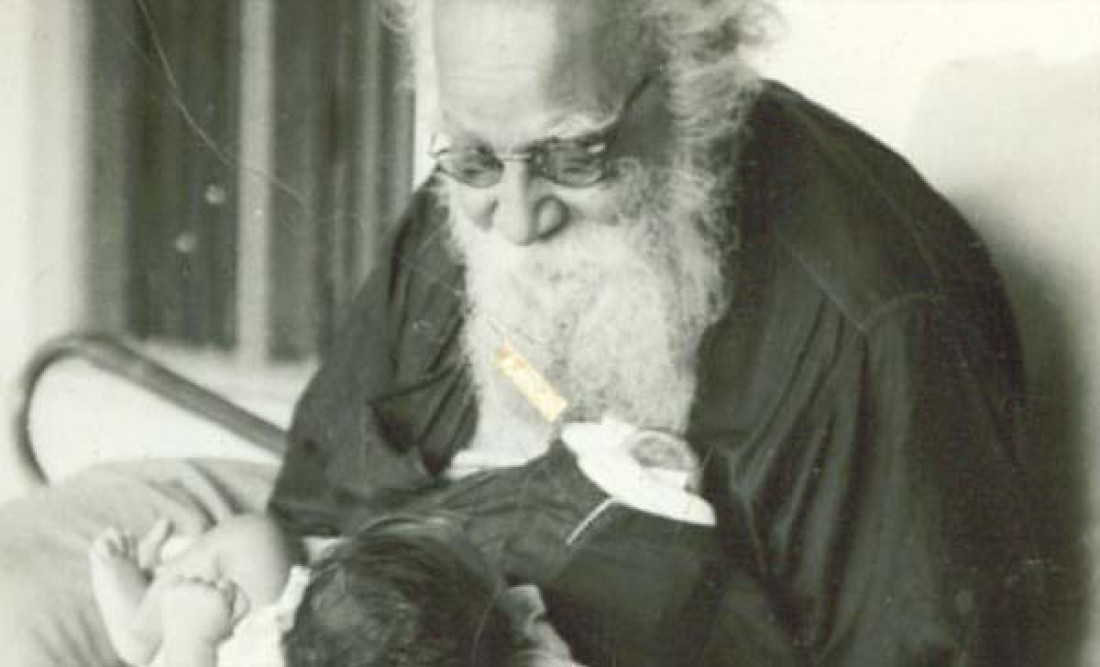
- Born: September 17, 1879, Erode, Tamil Nadu
- Died: 24 December 1973, Vellore. Tamil Nadu
- Work Field: Tamil Nationalist, Social Reformer
EV Ramaswamy was a Tamil nationalist, politician and social activist. His fans used to address him with respect as 'Periyar'. He started the 'self-respect movement' or 'Dravidian movement'. He formed the Justice Party, which later became the 'Dravida Kazhagam'. He continued to oppose orthodox Hindutva throughout his life and also strongly opposed the compulsory teaching of Hindi. He did lifelong work for the exploited section of the South Indian society. He made a scathing attack on Brahmanism and Brahmins and demanded a separate nation 'Dravida Nadu'. Periyar EV Ramaswamy emphasized on issues like rationalism, self respect and women's rights and strongly opposed the caste system. He fought for the rights of South Indian non-Tamil people and also opposed the domination of North Indians. Due to his works, there was a lot of change in Tamil society and caste discrimination was also reduced to a great extent. UNESCO in its citation called him 'the prophet of the new age, Socrates of Southeast Asia, the father of the social reform movement, the enemy of ignorance, superstition and useless customs'.
Early Life
Erode Venkata Nayakar Ramasamy was born on 17 September 1879 in Erode, Milanadu in a prosperous and traditional Hindu family. His father Venkatappa Naidu was a wealthy businessman. His mother's name was Chinna Thayammal. He had an elder brother and two sisters.
In 1885, he enrolled in a local primary school, but after a few years of formal education, he joined his father's business. From his childhood, he used to question the authenticity of the things said in orthodoxy, superstitions and religious teachings. He called the conflicting things said in the Hindu epics and Puranas as absurd and also ridiculed them. He openly opposed social evils such as child marriage, devadasi system, opposition to widow remarriage and exploitation of women and Dalits. He also opposed and boycotted the caste system.
Kashi Yatra
In 1904, Periyar visited Kashi which changed his life. Feeling hungry, he went there for a free lunch, but after leaving he came to know that it was only for Brahmins. He still tried to get food, but he was humiliated by shock, due to which he became opposed to orthodox Hindutva. After this he did not accept any religion and remained an atheist for life.
IN Congress party
He served as the Chairman of the Municipal Corporation of Erode and promoted the works of social upliftment. He also worked towards increasing the use of Khadi. He became a member of Congress in 1919 on the initiative of Chakravarti Rajagopalachari. He participated in the non-cooperation movement and was also arrested. In the Tirupur session of 1922, he became the President of the Madras Presidency Congress Committee and advocated reservation in government jobs and education. In 1925, he left the Congress party.
Vaikom Satyagraha
There were strict untouchability rules in Vaikom, Kerala, according to which Dalits/Harijans were prohibited on the road surrounding any temple. Periyar led the Vaikom movement at the request of the Congress leaders of Kerala. This movement was done to remove the prohibition of Dalits from walking on the roads leading to the temples. His wife and friends also supported him in this movement.
Self respect movement
Periyar and his supporters always put pressure on the authorities and the government to reduce inequality from the society. The main goal of the 'Self Respect Movement' was to make the non-Brahmin Dravidians proud of their golden past. After 1925, Periyar focused his full attention on the promotion of 'self-respect movement'. Publication of a Tamil weekly 'Kudi Arasu' (started in 1925) and English journal 'Revolt' (started in 1928) were started to promote the movement. The goal of this movement was not only 'social reform' but also 'social movement'.
Hindi language protest
In 1937, when C. Rajagopalachari became the Chief Minister of Madras Presidency, he made the teaching of Hindi language compulsory in schools, which intensified the anti-Hindi movement. Tamil nationalist leaders, Justice Party and Periyar organized anti-Hindi movements which resulted in the arrest of many people in 1938. In the same year, Periyar raised the slogan 'Tamil Nadu for Tamils' in protest against Hindi. He believed that after the introduction of Hindi, the Tamil culture would be destroyed and the Tamil community would be subjugated by the North Indians.
Barring their political ideologies, leaders of all South Indian parties together opposed Hindi.
Justice Party and Dravida Kazhagam
In 1916, a political organization 'South Indian Liberation Association' was established. Its main objective was to oppose the economic and political power of the Brahmin community and the social upliftment of the non-Brahmins. This organization later became the 'Justice Party'. In order to gain the support of the masses, the non-Brahmin politicians propagated the ideology of equality among the non-Brahmin castes.
In the anti-Hindi movement of 1937, Periyar took the help of Justice Party. When the Justice Party fell into a weak position, Periyar took over its leadership and strengthened it through the anti-Hindi movement.
In 1944, Periyar changed the name of the Justice Party to 'Dravida Kazhagam'. The influence of the Dravida Kazhagam was on the urban people and the students. Rural areas were also not untouched by its message. Riding on the anti-Hindi and the opposition to Brahmin customs and rituals, the Dravida Kazhagam quickly set foot. Dravida Kazhagam fought for the abolition of untouchability among Dalits and focused its attention on important social issues like women's emancipation, women's education, widow remarriage.
Time Line (Life Events)
- 1879: On September 17, E.V. Ramaswamy was born
- 1898: Married to Nagammai at the age of 19
- 1904: Periyar traveled to Kashi and became an atheist
- 1919: Joined the Indian National Congress
- 1922: Elected President of Madras Presidency Congress Committee
- 1925: Resigned from his post in Congress
- 1924: Periyar organized the Vaikom Satyagraha
- 1925: Started the 'Self Respect' Movement
- 1929: Traveled to many countries including Europe, Russia and Malaysia
- 1929: Abandoned his surname 'Nayakar'
- 1933: His wife Nagammai died
- 1938: He gave the slogan 'Tamil Nadu for Tamils'
- 1939: Justice became president of the party
- 1944: The name of the Justice Party was changed to 'Dravida Kazhagam'.
- 1948: Ramaswamy married a girl 40 years younger than him
- 1949: Differences between Periyar and Annadurai led to a split in the Dravida Kazhagam
- 1973: He died on 24 December
